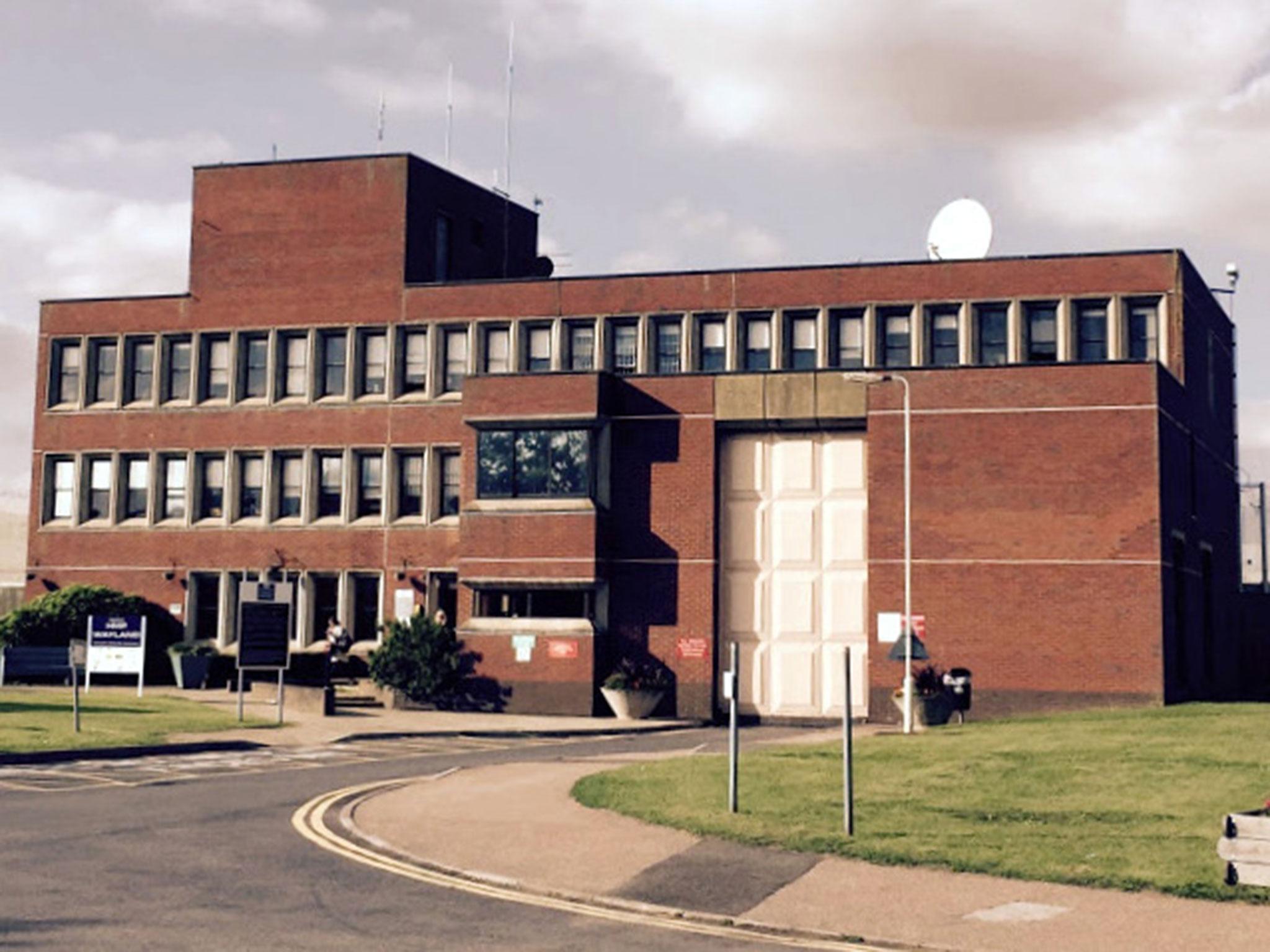Laptops allow prisoners to choose meals and order clothes from their cells, report reveals
Inmates at HMP Wayland have also been given in-cell phones to stay in touch with relatives

Your support helps us to tell the story
From reproductive rights to climate change to Big Tech, The Independent is on the ground when the story is developing. Whether it's investigating the financials of Elon Musk's pro-Trump PAC or producing our latest documentary, 'The A Word', which shines a light on the American women fighting for reproductive rights, we know how important it is to parse out the facts from the messaging.
At such a critical moment in US history, we need reporters on the ground. Your donation allows us to keep sending journalists to speak to both sides of the story.
The Independent is trusted by Americans across the entire political spectrum. And unlike many other quality news outlets, we choose not to lock Americans out of our reporting and analysis with paywalls. We believe quality journalism should be available to everyone, paid for by those who can afford it.
Your support makes all the difference.Prisoners are using laptops to select meals and submit orders to the jail shop from their cells, an inspection report has revealed.
Inmates at HMP Wayland have also been given in-cell telephones to stay in touch with relatives.
The prisons watchdog detailed how the jail, a category C facility in Norfolk holding nearly 1,000 men including over 100 serving life sentences, had taken part in a “digitalisation project”.
This included the introduction of in-cell “net books”, which prisoners spoke positively about.
The report, from HM Inspectorate of Prisons (HMIP), said: “These small laptop computers enabled them to take responsibility for day-to-day tasks such as submitting applications, selecting meal choices and ordering from the prison shop, without having access to the internet.
“Prisoners whose net book was removed for poor behaviour or who chose not to have one could access the same services using kiosks in communal wing areas.”
Since the previous inspection of the jail in 2013, telephones had been installed into all cells, the assessment said.
It added that prisoners were “positive about this development” but restrictions had been placed on the use of the phones during the core working day in order to remove a disincentive to attend work.
HMIP said: “Access to in-cell telephones and secure laptops that eased access to administrative systems was, in our view, the way forward and an example of good practice.”
The inspectorate described the introduction of in-cell phones as a “positive development”, helping prisoners who were far from home to stay in touch with their families during the evenings.
There are also plans to introduce a limited amount of video calling from the legal visits area later this year, the report added.
There have been calls for greater use of technology behind bars to boost prison education programmes and the ability of inmates to stay in touch with their families.
Earlier this year a Government-ordered review proposed that some prisoners should be able to use video-calling technology for “virtual visits”.
Opened in 1985, HMP Wayland is in rural Norfolk near Thetford.
At the time of the inspection visit in June, it held 951 adult males. The vast majority of the prisoners were serving lengthy terms, including 105 on life sentences.
Inspectors concluded that the jail was “very well led” and “generally respectful”, while safety was improving.
Searches had yielded high returns of drugs, illicitly brewed alcohol and mobile phone equipment.
So far this year the haul of contraband seized includes over a kilo of drugs, 177 mobile phones and almost 500 litres of alcohol.
Chief Inspector of Prisons Peter Clarke said: “The prison was very well led, while plans for improvement were active and substantive, taking the prison forward in a positive direction.”
Michael Spurr, chief executive of HM Prison and Probation Service, said: “The Chief Inspector has commended the positive work being done at Wayland to tackle violence and drug use and to support effective rehabilitation.”
Reporting by PA.
Join our commenting forum
Join thought-provoking conversations, follow other Independent readers and see their replies
Comments